Acupuncture offers targeted relief for various digestive issues by stimulating specific points along the body’s meridian system.
Research shows that this ancient practice can help regulate digestion, reduce inflammation, and balance the gut-brain axis through careful needle placement and traditional Chinese medicine principles.
Understanding how acupuncture treatments work for digestive health can help you make informed decisions about incorporating this therapy into your wellness routine.
Common Digestive Issues Treated with Acupuncture
- Irritable Bowel Syndrome (IBS)
- Acid reflux and GERD
- Chronic constipation
- Inflammatory bowel disease
- Nausea and vomiting
- Bloating and gas
How Acupuncture Helps Digestion
Acupuncture stimulates the vagus nerve, which plays a key role in digestive function and gut motility.
Specific acupoints along the Stomach and Spleen meridians help regulate stomach acid production and improve nutrient absorption.
Regular treatments can reduce stress-related digestive symptoms by lowering cortisol levels and promoting relaxation.
Key Acupuncture Points for Digestive Health
- Stomach 36 (ST36) – Located below the knee, supports overall digestion
- Pericardium 6 (P6) – Reduces nausea and vomiting
- Ren 12 (CV12) – Helps with acid reflux and stomach pain
- Large Intestine 4 (LI4) – Relieves constipation and promotes bowel movements
Treatment Schedule and Expectations
Condition
Recommended Sessions
Expected Timeline
Acute symptoms
2-3 sessions per week
1-2 weeks
Chronic conditions
1-2 sessions per week
6-8 weeks
Maintenance
Monthly sessions
Ongoing
Complementary Practices
- Dietary modifications based on Traditional Chinese Medicine principles
- Stress management techniques
- Gentle exercise like tai chi or yoga
- Herbal supplements (as recommended by practitioner)
Finding a Qualified Practitioner
Look for certification from the National Certification Commission for Acupuncture and Oriental Medicine (NCCAOM).
Check your state’s acupuncture board for licensed practitioners in your area.
Schedule an initial consultation to discuss your specific digestive concerns and treatment goals.
Preparing for Your Session
- Eat a light meal 2 hours before treatment
- Wear loose, comfortable clothing
- Bring a list of current medications and supplements
- Keep a symptom diary to track progress
Moving Forward with Digestive Wellness
Combining acupuncture with lifestyle changes creates a strong foundation for long-term digestive health.
Track your progress and communicate openly with your practitioner about symptom changes and concerns.
Consider joining support groups or online communities to connect with others using acupuncture for digestive health.
Insurance and Payment Options
Some insurance providers now cover acupuncture treatments for specific digestive conditions.
Many practitioners offer payment plans or sliding scale fees to make treatments more accessible.
Check with your insurance provider about coverage details and requirements for reimbursement.
Potential Side Effects and Considerations
- Minor bruising at needle sites
- Temporary soreness
- Initial symptom fluctuations
- Fatigue after treatment
Integrating with Conventional Medicine
Acupuncture works well alongside traditional medical treatments for digestive disorders.
Always inform your primary care physician about your acupuncture treatments.
Some conditions may require combined therapy for optimal results.
Measuring Treatment Success
- Keep detailed symptom records
- Document changes in medication needs
- Track energy levels and mood
- Note improvements in sleep and stress levels
Your Path to Digestive Harmony
Acupuncture offers a natural, holistic approach to managing digestive health that can complement existing treatments.
With consistent treatment and proper lifestyle modifications, many patients experience significant improvements in their digestive symptoms.
Regular communication with your healthcare team ensures a comprehensive approach to your digestive wellness journey.
FAQs
- How does acupuncture help with digestive health?
Acupuncture helps regulate the digestive system by stimulating specific points that influence gut motility, reduce inflammation, balance stomach acid production, and regulate the nervous system’s control of digestive functions. - How many acupuncture sessions are typically needed for digestive issues?
Most patients require 6-12 sessions, with treatments initially scheduled weekly, then tapering to maintenance sessions. Chronic conditions may require longer treatment plans. - Which acupuncture points are commonly used for digestive problems?
Key points include ST36 (Zusanli), PC6 (Neiguan), Ren12 (Zhongwan), and SP6 (Sanyinjiao), which are known to address various digestive concerns including nausea, bloating, and acid reflux. - Can acupuncture help with IBS symptoms?
Yes, acupuncture can help reduce IBS symptoms by regulating gut motility, reducing stress-related symptoms, decreasing inflammation, and balancing the gut-brain axis. - Is acupuncture effective for acid reflux and GERD?
Acupuncture can help reduce acid reflux by regulating stomach acid production, strengthening the lower esophageal sphincter, and reducing inflammation in the digestive tract. - What digestive conditions can acupuncture treat?
Acupuncture can address various digestive issues including nausea, bloating, constipation, diarrhea, IBS, GERD, inflammatory bowel disease, and functional gastrointestinal disorders. - Are there any side effects of acupuncture for digestive health?
Side effects are generally minimal but may include temporary soreness at needle sites, slight bruising, and occasional temporary worsening of symptoms before improvement. - Can acupuncture be combined with conventional digestive treatments?
Yes, acupuncture can safely complement conventional medical treatments and medications for digestive disorders, often enhancing their effectiveness when used as part of an integrated approach. - How quickly can I expect results from acupuncture for digestive issues?
Some patients experience immediate relief after sessions, while others may need 4-6 treatments before noting significant improvements. Chronic conditions typically require longer treatment periods. - What should I do before an acupuncture session for digestive health?
Eat a light meal 2-3 hours before treatment, avoid alcohol and caffeine, wear comfortable clothing, and maintain a detailed record of your digestive symptoms.
Author: AcupunctureMy
Related Posts
Acupuncture Research Standards
Research Corner
|
methodology, science
Research standards in acupuncture have evolved significantly over the past decades to ensure reliable, evidence-based results that can be replicated across different studies. The integration of modern scientific methods with ... Read more

Understanding Treatment Duration
Treatment Guides
|
expectations, planning
The length of an acupuncture treatment plan varies significantly based on individual health conditions and treatment goals. A typical acupuncture session lasts between 30-60 minutes, with the needles remaining in ... Read more
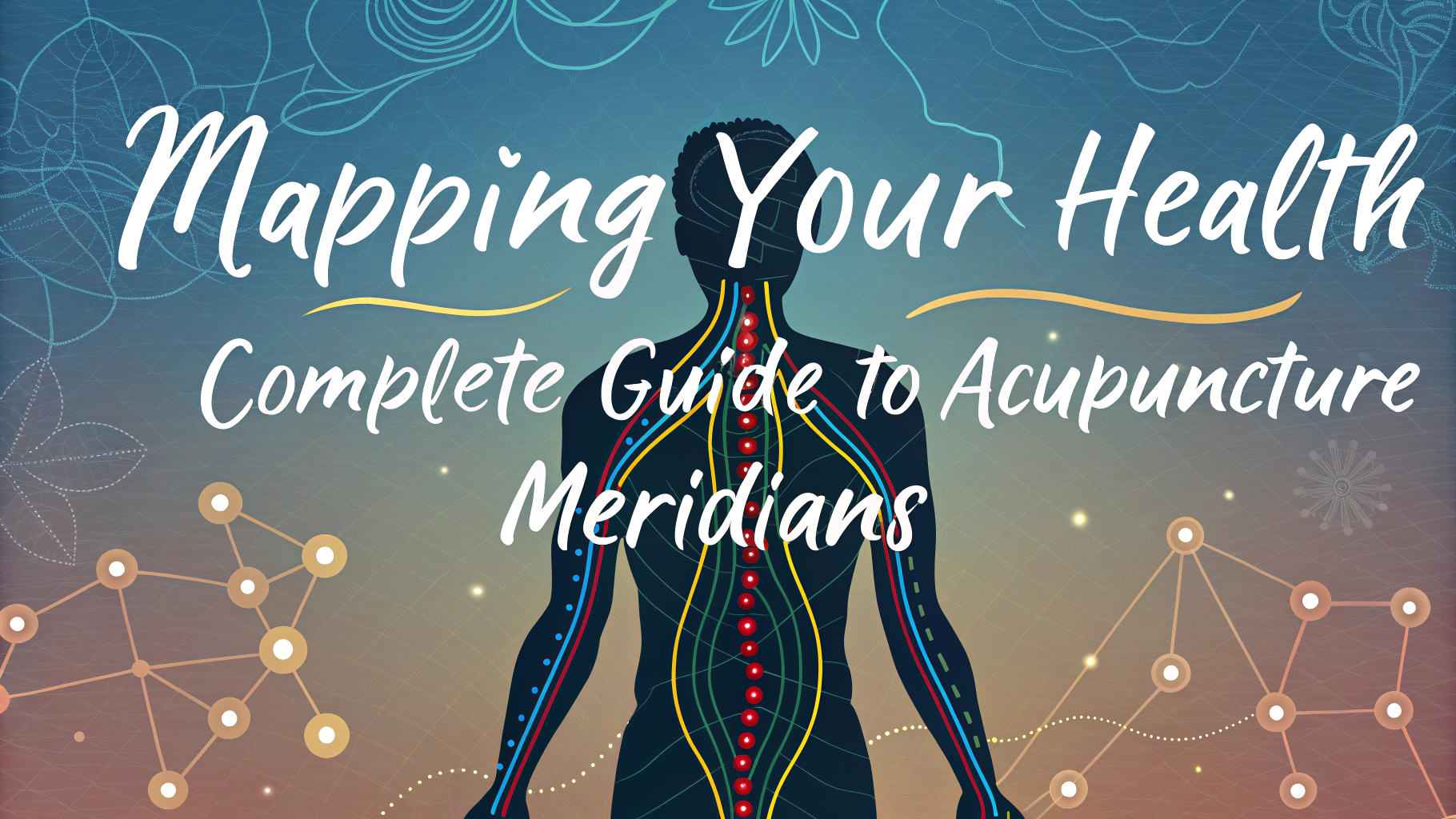
Traditional Chinese Medicine Weather Theory
Fundamentals
|
environment, health
Traditional Chinese Medicine (TCM) recognizes intricate connections between weather patterns and human health, developing sophisticated frameworks for understanding these relationships over thousands of years. Weather changes can significantly impact our ... Read more
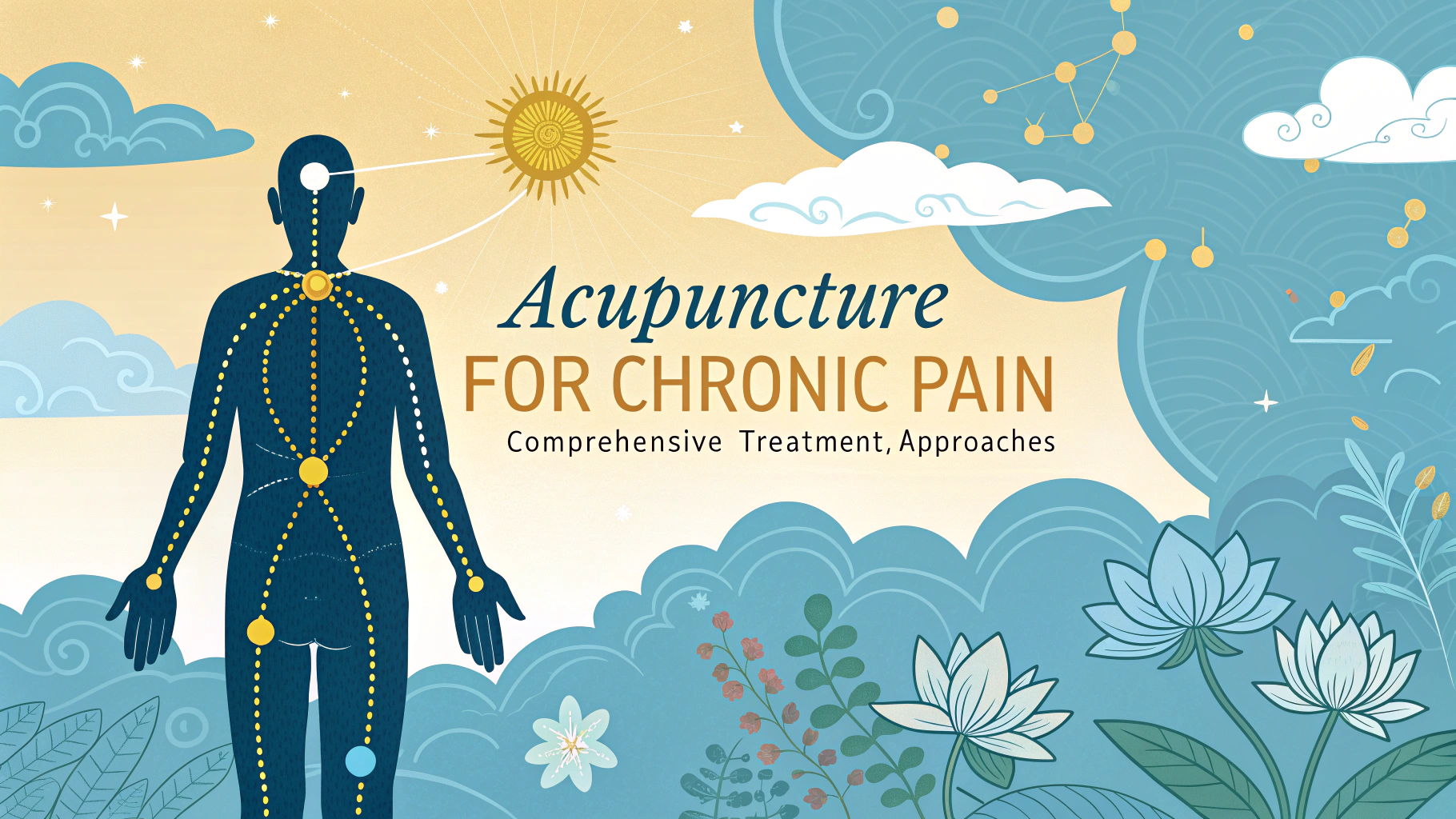
Acupuncture for Sinus Health
Conditions Treated
|
allergies, respiratory
Acupuncture offers a time-tested approach to managing sinus problems by targeting specific pressure points that can help relieve congestion, reduce inflammation, and restore proper sinus function. Traditional Chinese Medicine views ... Read more
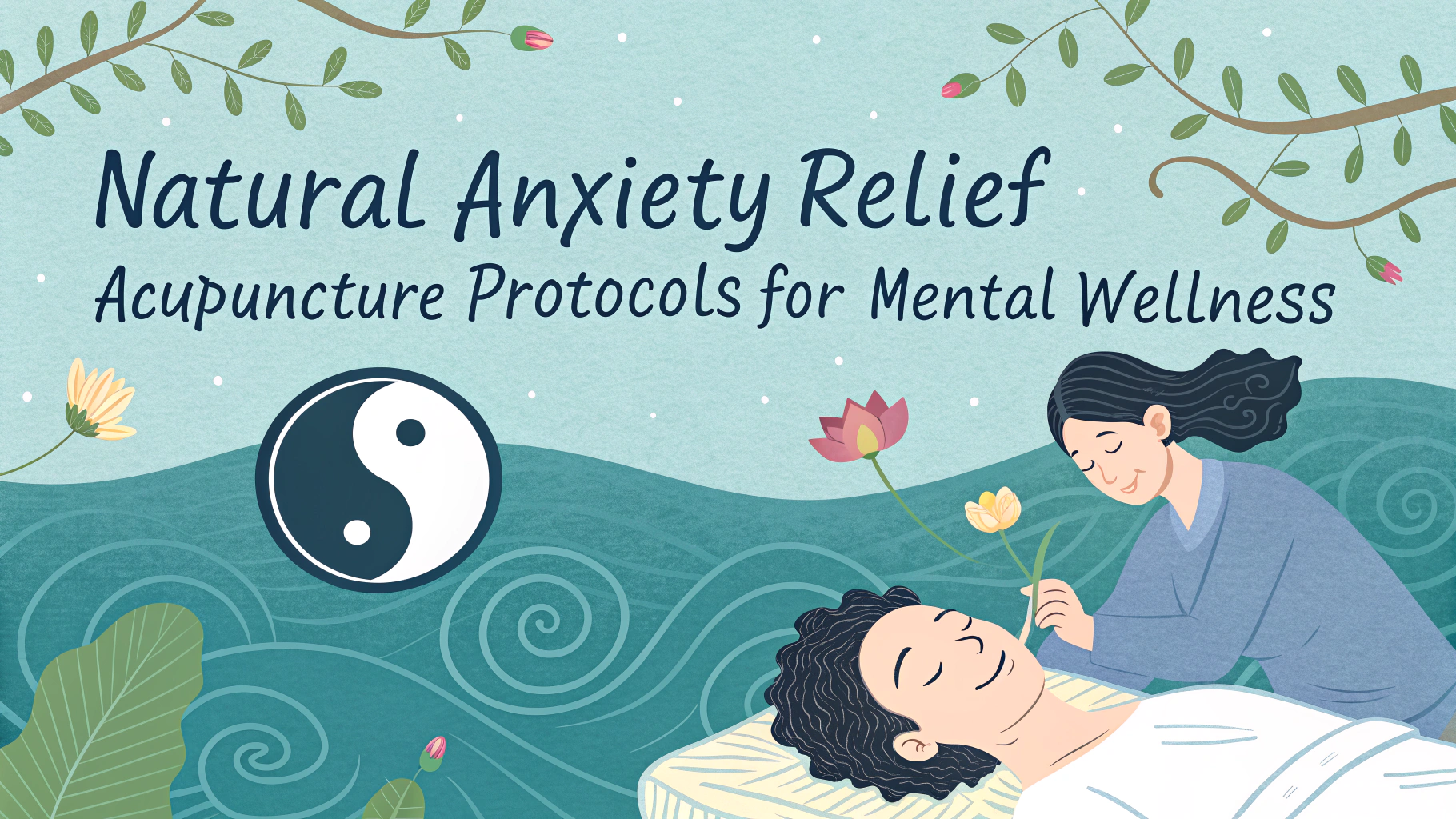
Understanding Point Selection
Fundamentals
|
technique, theory
Point selection stands as one of the most important aspects of effective acupuncture treatment. Skilled practitioners combine traditional wisdom with modern understanding to identify the optimal points for each patient’s ... Read more
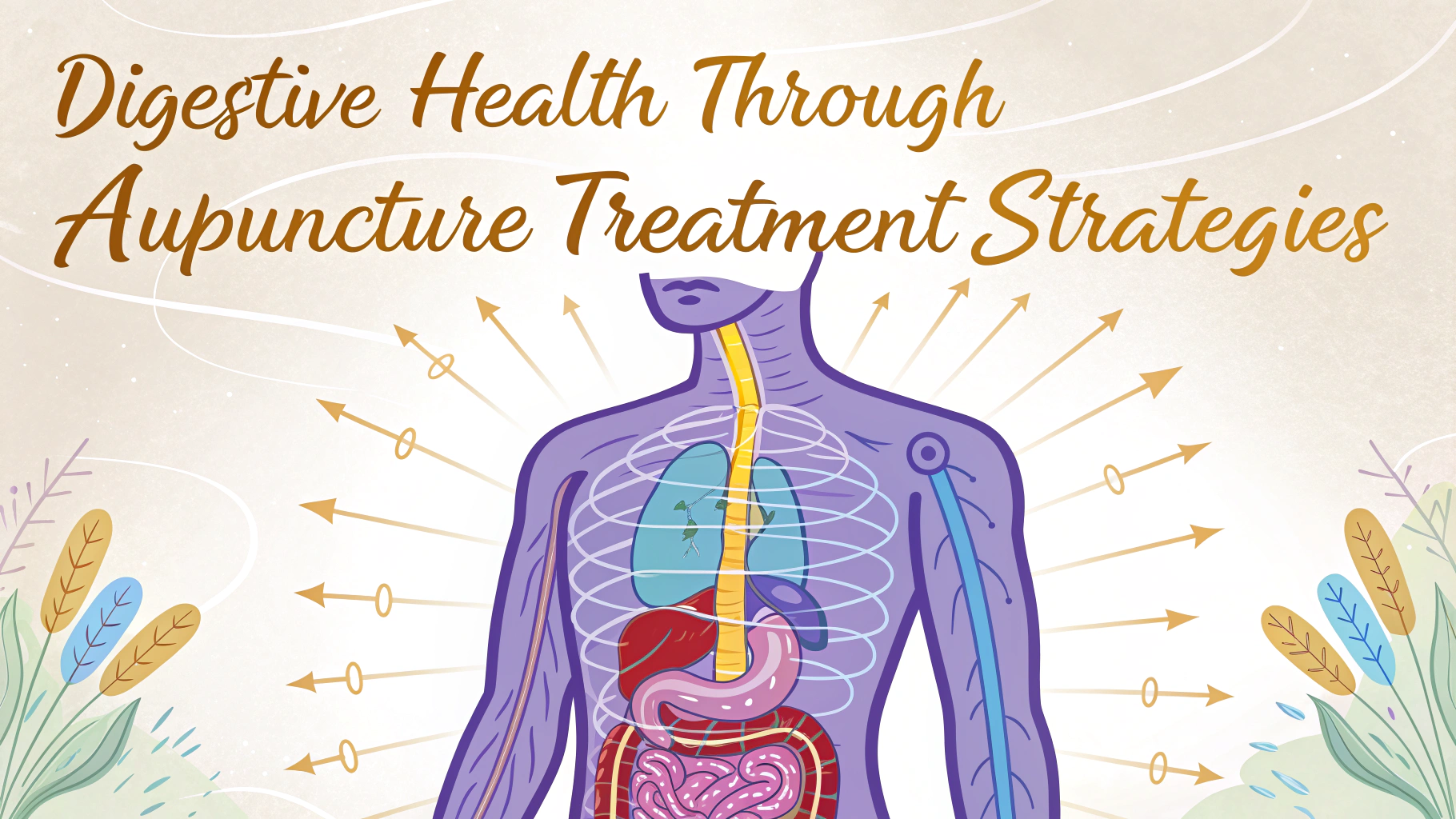
Treating Computer-Related Pain
Conditions Treated
|
ergonomics, pain
Computer-related pain affects millions of people who spend long hours working at their desks. Acupuncture offers a natural, effective treatment option for various musculoskeletal issues that develop from prolonged computer ... Read more

Acupuncture for Lymphatic Health
Conditions Treated
|
circulation, immunity
Acupuncture offers a time-tested approach to supporting lymphatic health through strategic needle placement and gentle stimulation techniques. This ancient Chinese medicine practice helps activate lymph flow, reduce swelling, and enhance ... Read more
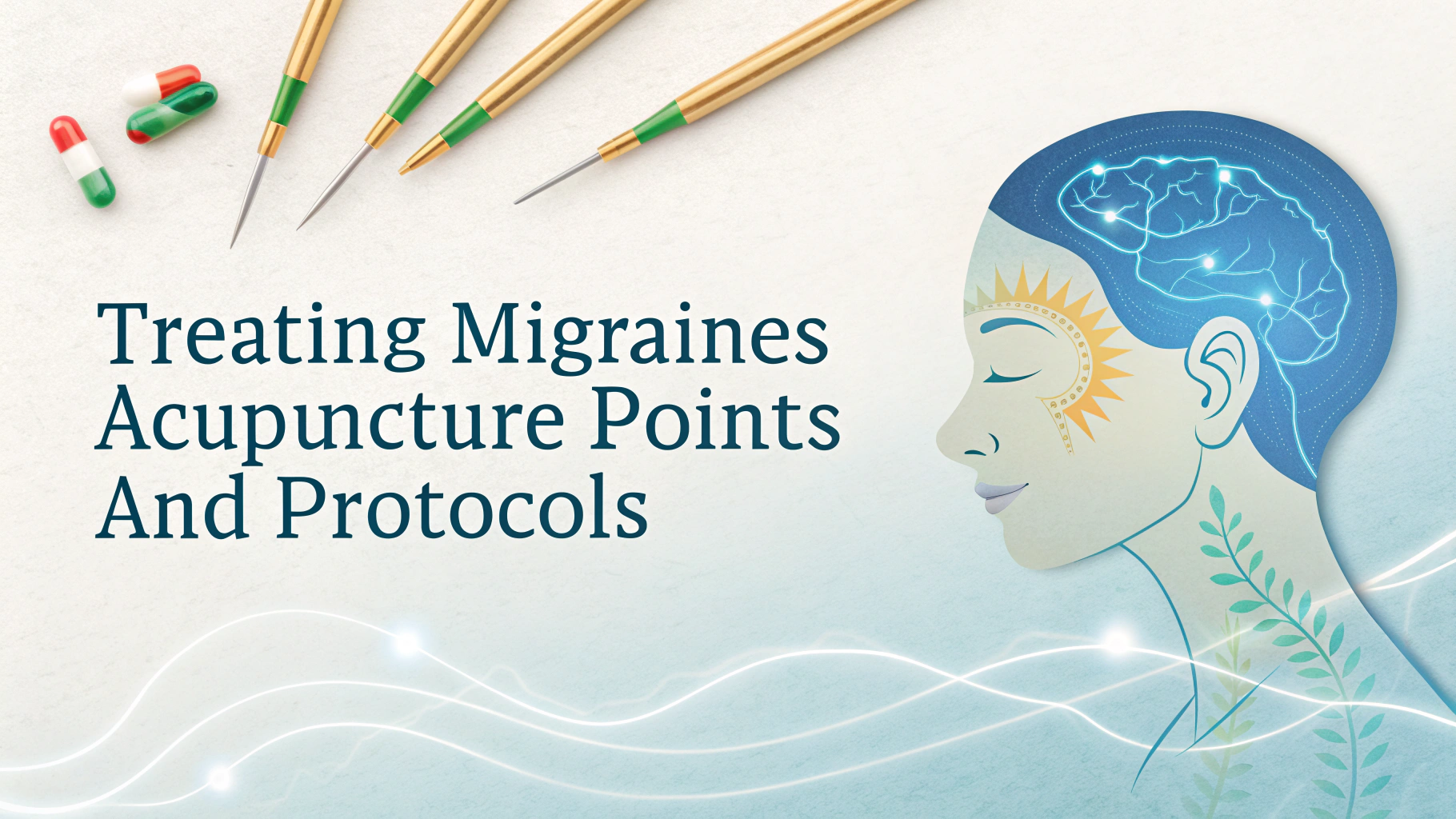
Understanding Treatment Intervals
Treatment Guides
|
frequency, scheduling
Treatment intervals for acupuncture can significantly impact the effectiveness of your healing journey. The frequency of acupuncture sessions depends on your specific health condition, severity of symptoms, and overall treatment ... Read more

